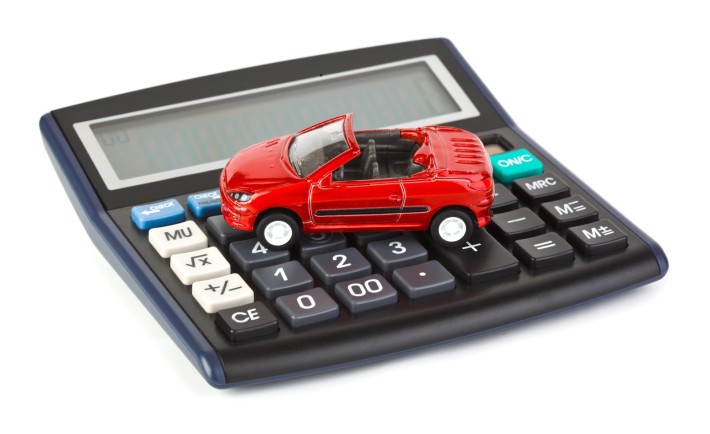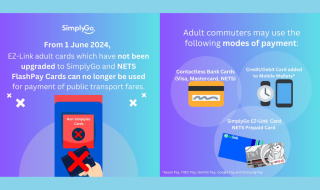
In most countries, a car is a necessity. This applies especially to large countries where people need to take great pains to traverse from one city to the next that may be hundreds of miles apart. Furthermore, for an enormous country, extensive infrastructural developments for an efficient public transportation system are not only costly but time-consuming. Not to mention the strong political will and tenacity required to win over the support of affected residents for a given construction project. Battling against all these odds is no easy feat and the results are self-evident.
In the United States last year, the number of vehicles on the road reached a record level of almost 253 million for a population size of 319 million, roughly equivalent to 4 automobiles for every 5 people. Contrast this ratio with Singapore’s 1 automobile for nearly every 7 individuals in 2014. Such statistics actually do paint a clearer picture than a thousand words. It highlights the fact that owning a car in Singapore is no longer a prerogative, but a luxury.
If a car is now a want instead of a need, how should we value the purchase so as to ensure that we are not overpaying for the convenience and comfort? Shown below is a basic flowchart that may be useful for the first round of consideration by potential car buyers. The key assumption made here is that the monthly fuel cost can be approximated to your transport fare; therefore the costs under review are incremental costs.
Note that this model has not accounted for miscellaneous expenses related to maintenance, repairs, ERP, road taxes and insurance.





